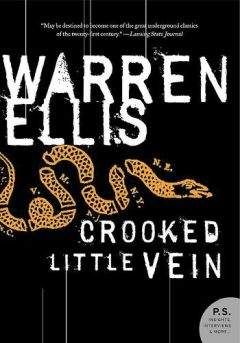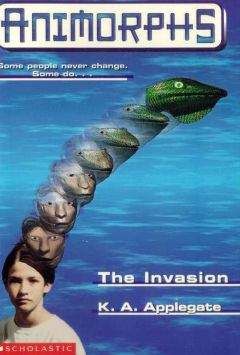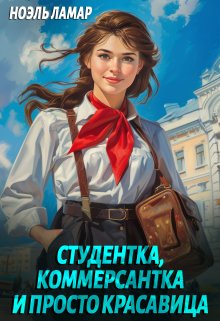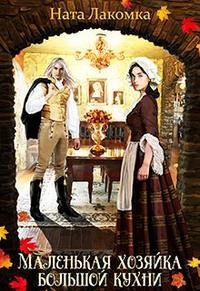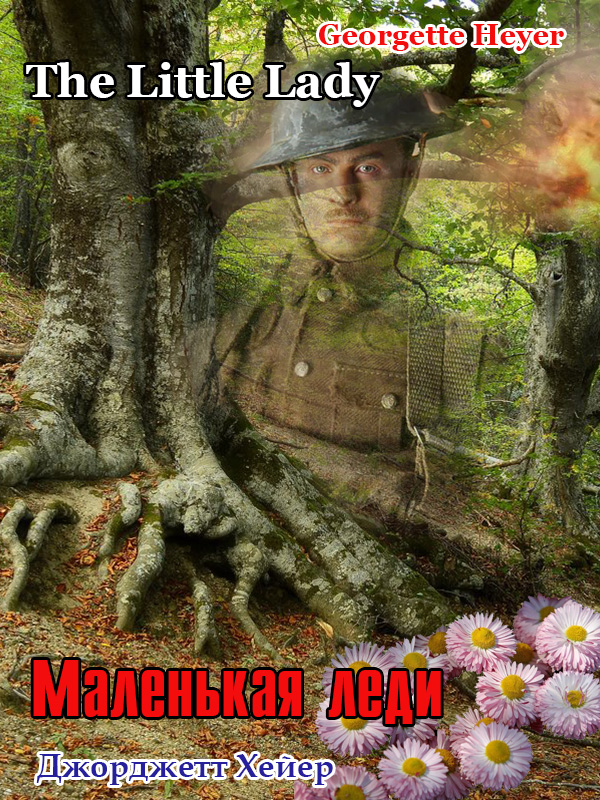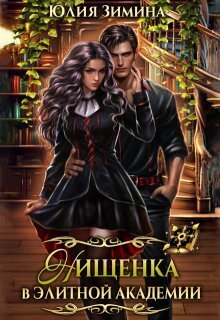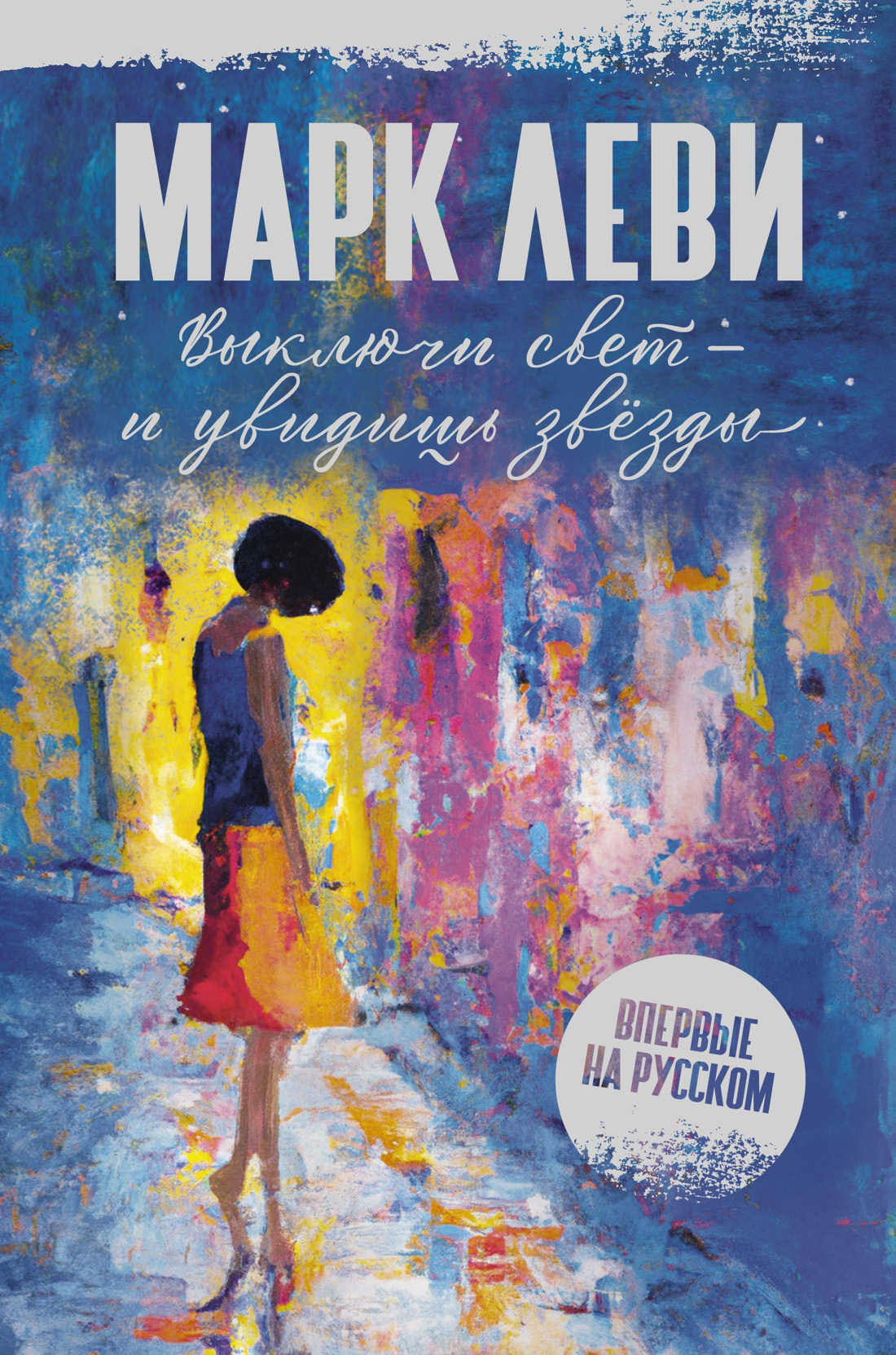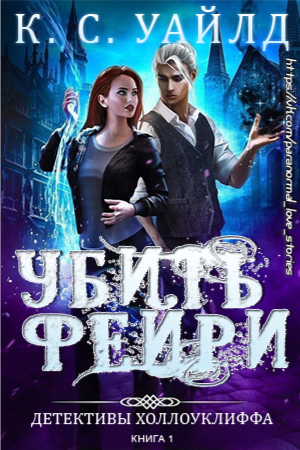Илья Франк - Английский язык с В. Ирвингом. Рип ван Винкль

Помощь проекту
Английский язык с В. Ирвингом. Рип ван Винкль читать книгу онлайн
As he approached the village he met a number of people, but none whom he knew, which somewhat surprised him, for he had thought himself acquainted with every one in the country round. Their dress, too, was of a different fashion from that to which he was accustomed. They all stared at him with equal marks of surprise, and whenever they cast their eyes upon him, invariably stroked their chins. The constant recurrence of this gesture induced Rip, involuntarily, to do the same, when, to his astonishment, he found his beard had grown a foot long!
He had now entered the skirts of the village (теперь он подошел к краю деревни; skirts — край, граница; окраина). A troop of strange children ran at his heels (ватага незнакомых ребятишек бежала за ним по пятам; troop [tru:p] — стадо, стая; отряд, группа людей), hooting after him (гонясь за ним с криками), and pointing at his gray beard (и показывая на его седую бороду). The dogs, too (собаки тоже), not one of which he recognized for an old acquaintance (ни одну из которых он не признал как старую знакомую), barked at him as he passed (лаяли на него, когда он проходил мимо). The very village was altered (сама деревня была переменившейся = сильно изменилась; to alter [‘O:ltq] — изменять/ся/; менять/ся/; видоизменять, вносить изменения, переделывать); it was larger and more populous (она стала больше и многолюднее). There were rows of houses which he had never seen before (там были ряды домов, которые он никогда не видел раньше), and those which had been his familiar haunts had disappeared (а те, которые были привычными ему местами, исчезли; haunt [hO:nt] — часто посещаемое место; to haunt — часто заезжать проведать, навещать /какое-л. место, людей и т. п./; бывать /где-л./). Strange names were over the doors (над дверьми были незнакомые имена) — strange faces at the windows (незнакомые лица /выглядывали/ из окон) every thing was strange (все было незнакомым).
He had now entered the skirts of the village. A troop of strange children ran at his heels, hooting after him, and pointing at his gray beard. The dogs, too, not one of which he recognized for an old acquaintance, barked at him as he passed. The very village was altered; it was larger and more populous. There were rows of houses which he had never seen before, and those which had been his familiar haunts had disappeared. Strange names were over the doors — strange faces at the windows every thing was strange.
His mind now misgave him (теперь его разум изменил ему; to misgive [mIs’gIv] — misgave [mIs’geIv] — misgiven [mIs’gIvn] — внушать недоверие; дать осечку; потерпеть неудачу); he began to doubt (он начал сомневаться; to begin [bI’gIn] — began [bI’gxn] — begun [bI’gAn] — начинать/ся/) whether both he and the world around him were not bewitched (не был ли он сам и мир вокруг околдованы; witch — колдунья, ведьма). Surely this was his native village (несомненно, это была его родная деревня) which he had left but the day before (которую он покинул днем раньше; to leave — оставлять). There stood the Kaatskill mountains (там высились Каатскиллские горы) — there ran the silver Hudson at a distance (там вдали бежал серебристый Гудзон; to run [rAn] — ran [rxn] — run — бежать; течь) — there was every hill and dale precisely (там были каждый холм и долина точно такими же) as it had always been (какими они были всегда) — Rip was sorely perplexed (Рип пребывал в болезненном недоумении; to perplex — ставить в тупик, приводить в недоумение) — "That flagon last night (тот графин прошлой ночью)," thought he (подумал он), "has addled my poor head sadly (прискорбно повлиял на мою бедную голову; to addle — пропадать, портиться /о яйце/; сбивать с толку, запутывать)!"
His mind now misgave him; he began to doubt whether both he and the world around him were not bewitched. Surely this was his native village which he had left but the day before. There stood the Kaatskill mountains — there ran the silver Hudson at a distance — there was every hill and dale precisely as it had always been — Rip was sorely perplexed — "That flagon last night," thought he, "has addled my poor head sadly!"
It was with some difficulty (с некоторой сложностью = с некоторым трудом) that he found his way to his own house (он нашел дорогу к своему собственному дому), which he approached with silent awe (к которому он приблизился с безмолвным страхом), expecting every moment to hear the shrill voice of Dame Van Winkle (ожидая в каждое мгновение услышать резкий голос хозяйки ван Винкль). He found the house gone to decay (он увидел, что дом давно обветшал: «ушедшим в упадок») — the roof fallen in (крыша провалилась), the windows shattered (окна разбились), and the doors off the hinges (и двери /упали/ с петель). A half-starved dog (полуголодная собака) that looked like Wolf (которая выглядела, как Вольф) was sulking about it (мрачно бродила вокруг него). Rip called him by name (Рип позвал его по имени), but the cur snarled (но дворняга зарычала), showed his teeth (показала зубы: «оскалилась»), and passed on (и убежала). This was an unkind cut indeed (это была действительно недобрая выходка; cut — удар /хлыстом и т. п./; оскорбление, акт недоброжелательности) — "My very dog (моя собственная собака)," sighed poor Rip (вздохнул бедный Рип), "has forgotten me (забыла меня; to forget [fq’get] — forgot [fq’gOt] — forgotten [fq’gOtqn] — забывать; пренебрегать)!"
It was with some difficulty that he found his way to his own house, which he approached with silent awe, expecting every moment to hear the shrill voice of Dame Van Winkle. He found the house gone to decay — the roof fallen in, the windows shattered, and the doors off the hinges. A half-starved dog that looked like Wolf was sulking about it. Rip called him by name, but the cur snarled, showed his teeth, and passed on. This was an unkind cut indeed — "My very dog," sighed poor Rip, "has forgotten me!"
He entered the house (он вошел в дом), which, to tell the truth (который, по правде говоря), Dame Van Winkle had always kept in neat order (хозяйка ван Винкль всегда содержала в редкостном: «опрятном» порядке). It was empty (он был пуст), forlorn (запущен; forlorn [fq’lO:n] — устар. несчастный, заброшенный; находящийся в ужасном состоянии), and apparently abandoned (и, очевидно, покинут). This desolateness overcame all his connubial feats (эта заброшенность пересилила все его супружеские уловки; desolate — одинокий, оставленный всеми, заброшенный; пустынный, необитаемый) — he called loudly for his wife and children (он громко позвал жену и детей) — the lonely chambers rang (пустые комнаты зазвенели; to ring — rang — rung — звенеть; звучать /производить звук/) for a moment with his voice (на мгновение от его голоса), and then all again was silence (а затем все снова стало тихо).
He entered the house, which, to tell the truth, Dame Van Winkle had always kept in neat order. It was empty, forlorn, and apparently abandoned. This desolateness overcame all his connubial feats — he called loudly for his wife and children — the lonely chambers rang for a moment with his voice, and then all again was silence.
He now hurried forth (теперь он заторопился далее; forth — вперед, дальше), and hastened to his old resort (и поспешил к своему старому прибежищу), the village inn (деревенскому постоялому двору/трактиру) — but it too was gone (но он тоже исчез; to be gone [gOn] — умереть; пропасть). A large rickety wooden building stood in its place (большое шаткое здание стояло на его месте), with great gaping windows (с большими зияющими окнами; to gape — широко открывать рот; зевать; зиять, широко раскрываться /об отверстиях/; разверзаться), some of them broken (некоторые из них /были/ разбиты) and mended with old hats and petticoats (и заделаны старыми шляпами и нижними юбками), and over the door was painted (а над дверью было написано), "the Union Hotel (Юнион Отель), by Jonathan Doolittle (Джонатана Дулитла)." Instead of the great tree (вместо большого дерева) that used to shelter the quiet little Dutch inn of yore (которое давным-давно, бывало, укрывало тихую голландскую гостиницу; of yore [qv jO:] — устар. давным-давно), there now was reared a tall naked pole (теперь возвышался высокий гладкий: «голый, обнаженный» столб), with something on the top (с чем-то на верхушке) that looked like a red night-cap (что выглядело, как красный ночной колпак), and from it was fluttering a flag (а из него развевался на ветру флаг), on which was a singular assemblage of stars and stripes (на котором было необычное собрание звезд и полос) — all this was strange and incomprehensible (и все это было странно и непонятно; to comprehend — понимать, постигать).
He now hurried forth, and hastened to his old resort, the village inn — but it too was gone. A large rickety wooden building stood in its place, with great gaping windows, some of them broken and mended with old hats and petticoats, and over the door was painted, "the Union Hotel, by Jonathan Doolittle." Instead of the great tree that used to shelter the quiet little Dutch inn of yore, there now was reared a tall naked pole, with something on the top that looked like a red night-cap, and from it was fluttering a flag, on which was a singular assemblage of stars and stripes — all this was strange and incomprehensible.
He recognized on the sign (он узнал на вывеске), however (тем не менее), the ruby face of King George (красное: «рубиновое» лицо короля Георга), under which he had smoked so many a peaceful pipe (под которым он выкурил столь много мирных трубок); but even this was singularly metamorphosed (но даже он странно преобразился). The red coat was changed for one of blue and buff (красное пальто изменилось с красного на голубое с желтым; buff [bAf] — темно-желтый, цвета воловьей кожи), a sword was held in the hand (шпага держалась в руке) instead of a scepter (вместо скипетра), the head was decorated with a cocked hat (голова была украшена треуголкой), and underneath was painted in large characters (и внизу было написано большими буквами), GENERAL Washington (генерал Вашингтон).
He recognized on the sign, however, the ruby face of King George, under which he had smoked so many a peaceful pipe; but even this was singularly metamorphosed. The red coat was changed for one of blue and buff, a sword was held in the hand instead of a sceptre, the head was decorated with a cocked hat, and underneath was painted in large characters, GENERAL Washington.
There was, as usual (там была, как обычно), a crowd of folk about the door (толпа народу возле двери), but none that Rip recollected (но ни одного, кого бы Рип вспомнил). The very character of the people seemed changed (даже сам характер этих людей изменился). There was a busy, bustling, disputatious tone about it (в нем была деловая, суетливая, спорящая нотка), instead of the accustomed phlegm and drowsy tranquility (вместо привычного флегматичного и сонного спокойствия; phlegm [flem] — мокрота, слизь; флегма, бесстрастие, хладнокровие). He looked in vain for the sage Nicholas Vedder (он напрасно озирался в поисках мудрого Николаса Веддера), with his broad face (с его широким лицом), double chin (двойным подбородком), and fair long pipe (и славной длинной трубкой), uttering clouds of tobacco-smoke (выбрасывающей облака табачного дыма; to utter — издавать звук; произносить; излагать, выражать словами) instead of idle speeches (вместо праздных речей); or Van Bummel (или ван Буммеля), the schoolmaster (школьного учителя) doling forth the contents of an ancient newspaper (постепенно продвигающегося по содержанию старинной газеты; to dole — скупо выдавать, раздавать в скудных размерах, раздавать маленькими порциями; dole — устар. доля, судьба). In place of these (на их месте), a lean (тощий), bilious-looking fellow (желчно выглядящий: «желчный» малый; bilious [‘bIljqs]– желчный; несдержанный, раздражительный), with his pockets full of handbills (с карманами, полными листовок), was haranguing vehemently about rights of citizens (выступал с неистовой речью: «неистово разглагольствовал» о правах граждан; to harangue [hq’rxŋ] — выступать с речью; рассуждать, разглагольствовать) — elections (выборах) — members of congress (членах конгресса) — liberty (свободе) — Bunker's Hill*[2] (Бункерс-хилле) — heroes of seventy-six (героях семьдесят шестого) — and other words (и другие слова), which were a perfect Babylonish jargon (которые были чистой вавилонской тарабарщиной = китайской грамотой; jargon [‘GQ:gqn] — жаргон; непонятный язык, тарабарщина) to the bewildered Van Winkle (для сбитого с толку Ван Винкля).
